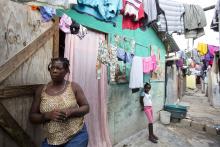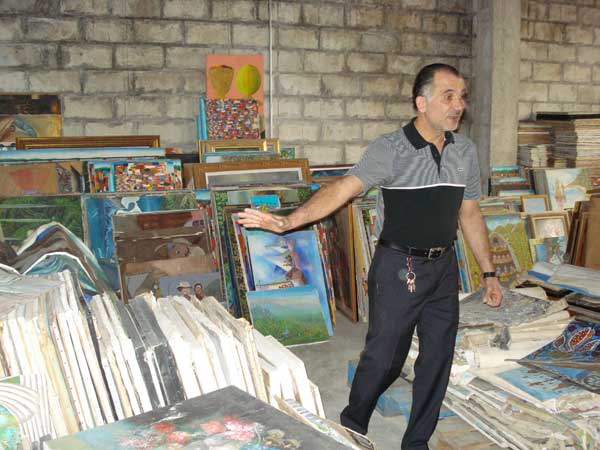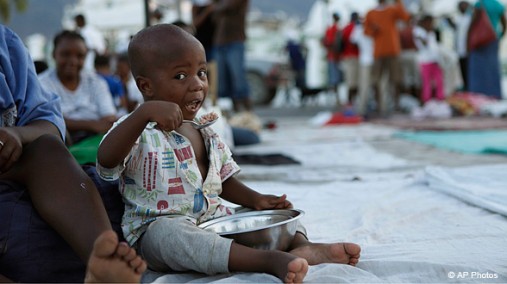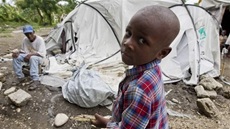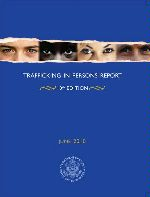Nearly Seven Years After Quake, 50,000 Remain in Camps
Below is an article by David McFadden (AP) concerning the 50,000 people who remain in camps seven years after the earthquake. Not everyone in the camps was/is is a victim of the earthquake. Some were victims of abject poverty and the camps were better places to be than the slums where they were living. Ninety six percent of those living in the camps left - either on their own or with assistance from a range of organizations. Solutions remain elusive for those who remain.
